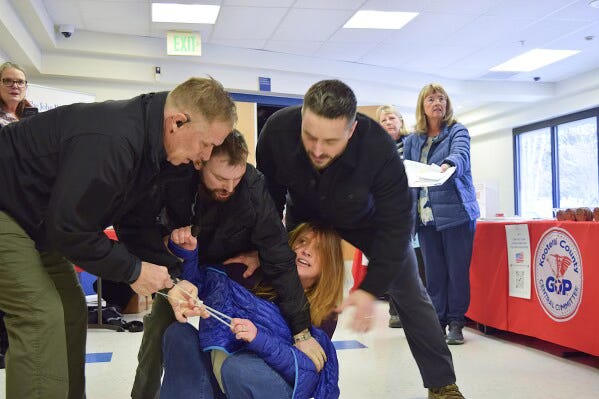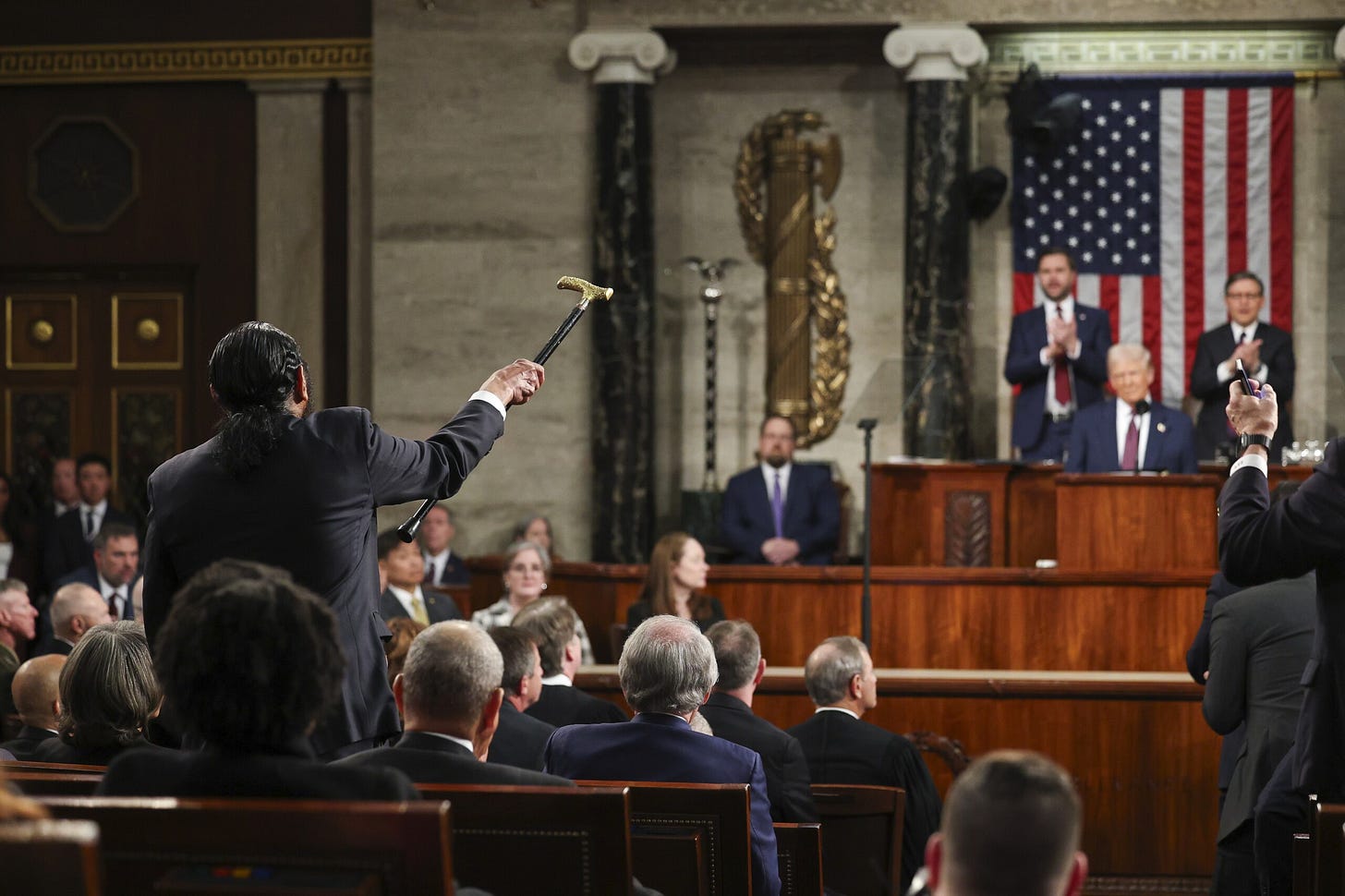The bystander effect is a well-known social psychology theory often introduced early in psychology studies. This theory emerged following the tragic 1964 case of Kitty Genovese, a woman who was stalked and stabbed to death in Queens, New York, while 38 bystanders reportedly watched without intervening. This incident prompted psychologists Bibb Latané and John Darley to investigate why people fail to act in emergencies. In their landmark study, they observed NYU students discussing their college experiences when a research associate, posing as a student, appeared to have a seizure. When students believed they were the sole witness, they reported the emergency 85% of the time. However, when they believed others had also observed the seizure, the reporting rate dropped to 31%. Latané and Darley concluded that the presence of others reduces the likelihood of individual intervention, a phenomenon now known as the bystander effect (Darley & Latané, 1968).
The Bystander Effect in Action: Teresa Borrenpohl’s Case
Last week, Teresa Borrenpohl, an Idaho woman, was forcibly removed by three plain-clothes private security guards from a Republican-hosted legislative town hall meeting. Witnesses reported that the guards refused to identify themselves while violently detaining her, even as Kootenai County Sheriff Bob Norris stood by. Videos from the event show that, aside from one man questioning the guards’ authority, no one intervened to stop the incident, despite many attendees believing it was wrong (Smith, 2025). This incident is, in part, a clear example of the bystander effect. The presence of multiple witnesses, including a sheriff, created a diffusion of responsibility, leading to inaction. However, it was also an act of political violence, as Borrenpohl was targeted for her dissent and forcibly silenced in a public forum.
Political Silence: The Ejection of Congressman Al Green
A few days later, Congressman Al Green, a Democratic representative from Texas, was ejected from President Trump’s speech for shouting in protest. Green was objecting to Trump’s claim of having a mandate, specifically challenging the president’s assertion that he could cut Medicaid (Mascaro, 2025). This marked the first time in years that a representative had been forcibly removed from such an event. In contrast, Congresswoman Marjorie Taylor Greene notoriously heckled President Biden during his 2023 State of the Union address, calling him a liar when he accused some Republicans of wanting to cut Medicaid and Social Security. Unlike Green, Greene was not asked to leave, despite her disruptive behavior (Associated Press, 2023). The irony is that Republicans are the liars: they have repeatedly voted to cut Medicaid and Social Security to fund tax breaks for the wealthy, despite claiming in 2023 that they would not do so (The Guardian, 2025).
Some have drawn parallels between Congressman Green’s removal and the bystander effect, suggesting that his colleagues’ inaction reflects this psychological phenomenon. However, this interpretation falls short. While some attendees at Trump’s speech wore pink and held signs calling him a liar, this performative display of opposition did little to challenge the broader dynamics of power. Their actions were symbolic at best—a weak gesture that failed to translate into meaningful resistance. When Congressman Green was removed, none of his fellow Democrats walked out in solidarity. Instead, a few days later, ten Democrats voted to censure him: Ami Bera (CA), Ed Case (HI), Jim Costa (CA), Laura Gillen (NY), Jim Himes (CT), Chrissy Houlahan (PA), Marcy Kaptur (OH), Jared Moskowitz (FL), Marie Gluesenkamp Perez (WA), and Tom Suozzi (NY) (House Roll Call, 2025). This was not the bystander effect; it was complicity.
Democratic Complicity: Voting for Controversial Cabinet Members
As a long-time Democratic voter, I have grown increasingly disappointed with the party’s lack of decisive action, particularly during Trump’s 2025 term. Their complicity extends beyond inaction; it includes voting to approve some of his most controversial cabinet members. For example, in 2025, several Democrats voted to confirm Kristi Noem as Secretary of Homeland Security, despite her history of controversial policies, including her support for harsh immigration enforcement and her refusal to address systemic racism (Ballotpedia, 2025). Even more troubling, Sen. John Fetterman (D-Pa.) voted in favor of 10 of Trump’s cabinet picks—50% of the nominees—including Pam Bondi, whose tenure as Florida Attorney General was marred by allegations of corruption and conflicts of interest. Additionally, three Democrats voted to confirm Lee Zeldin as Administrator of the Environmental Protection Agency, despite his record of advocating for lax environmental regulations and his close ties to corporate polluters (Ballotpedia, 2025). On the other hand, Robert F. Kennedy Jr., a prominent anti-vaccine advocate, and Linda McMahon, a former WWE executive with a controversial record on labor rights and her role in protecting her husband, Vince McMahon, who faced multiple accusations of sexual abuse, were both confirmed as Secretary of Health and Human Services and Secretary of Education, respectively, without a single Democratic vote (Ballotpedia, 2025). While this shows some resistance, the broader pattern of Democratic complicity—such as failing to walk out in solidarity with Rep. Green or censuring him—reveals a deeper moral and political failure. It is time for those in power to take responsibility and act with the courage their positions demand.
Beyond the Bystander Effect
While the bystander effect provides a useful framework for understanding inaction in emergencies, it does not fully explain the political dynamics at play in cases like Teresa Borrenpohl’s detention or Congressman Al Green’s removal. Borrenpohl’s case was indeed an example of the bystander effect, as the presence of multiple witnesses led to a diffusion of responsibility (Darley & Latané, 1968). However, it was also an act of political violence, highlighting the dangers of silencing dissent. Meanwhile, the Democratic Party’s complicity—whether through inaction, censure, or voting to confirm controversial cabinet members—reveals a deeper moral and political failure. When will those in power finally take responsibility for their actions—or inactions? The time for accountability is now.
References
Darley, J. M., & Latané, B. (1968). Bystander intervention in emergencies: Diffusion of responsibility. Journal of Personality and Social Psychology, 8(4), 377–383. https://doi.org/10.1037/h0025589
Fischer, P., Krueger, J. I., Greitemeyer, T., Vogrincic, C., Kastenmüller, A., & Frey, D. (2011). The bystander-effect: A meta-analytic review on bystander intervention in dangerous and non-dangerous emergencies. Psychological Bulletin, 137(4), 517–537. https://doi.org/10.1037/a0023304
House Roll Call. (2025). Vote on censure of Rep. Al Green. U.S. House of Representatives. https://clerk.house.gov
Lakhani, N. (2025, March 6). GOP budget plan includes cuts to Medicare and Medicaid to fund tax breaks for the wealthy. The Guardian. https://www.theguardian.com/us-news/2025/mar/06/gop-budget-medicare-medicaid-cuts
Latané, B., & Nida, S. (1981). Ten years of research on group size and helping. Psychological Bulletin, 89(2), 308–324. https://doi.org/10.1037/0033-2909.89.2.308
Manning, R., Levine, M., & Collins, A. (2007). The Kitty Genovese murder and the social psychology of helping: The parable of the 38 witnesses. American Psychologist, 62(6), 555–562. https://doi.org/10.1037/0003-066X.62.6.555
Mascaro, L. (2025, March 5). Rep. Al Green shouts down Trump and may face censure by the House for the outburst. AP News. https://apnews.com/article/trump-speech-al-green-medicaid-9b8dd35494ef63dd8ff277ca54321b19
Senate Roll Call. (2025). Votes on confirmation of Trump cabinet members. U.S. Senate. https://www.senate.gov
Smith, J. (2025, February 25). Idaho town hall meeting turns chaotic after woman is forcibly removed for shouting at speakers. AP News. https://apnews.com/article/idaho-protest-woman-removed-town-hall-b4348df006fe83723f95769a05007098




